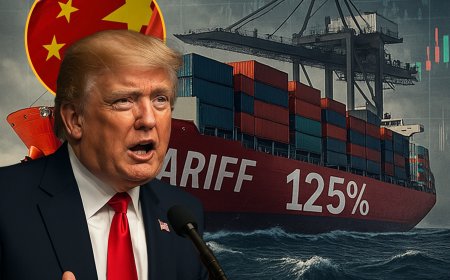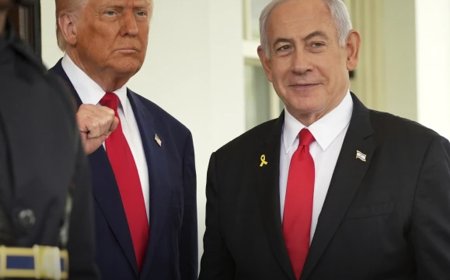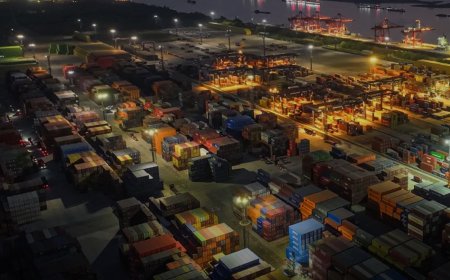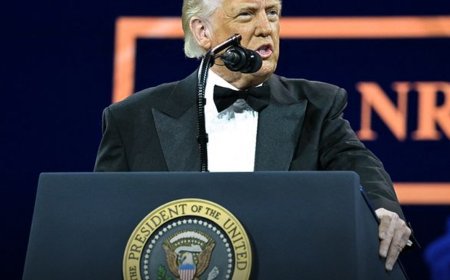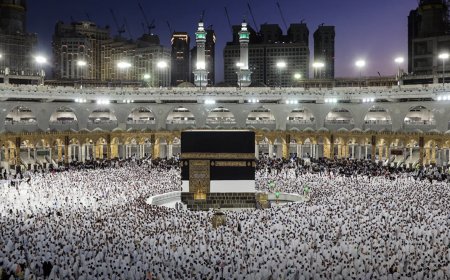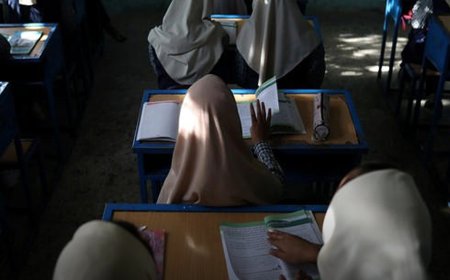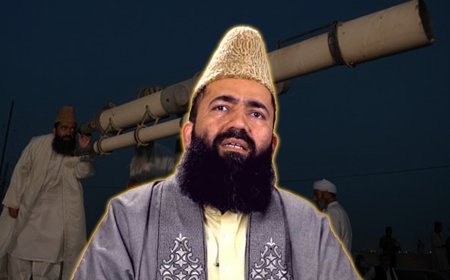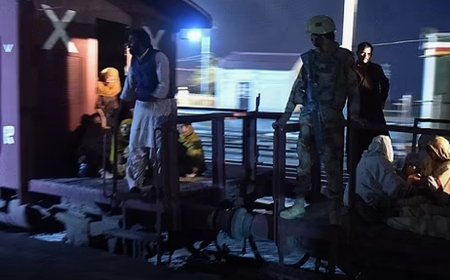Pakistan Navigates Foreign Policy Challenges in 2025 Amid Global Shifts
As Pakistan enters 2025, the country is poised to face significant foreign policy and security challenges amid shifting global dynamics, including Donald Trump’s return to power in the United States.
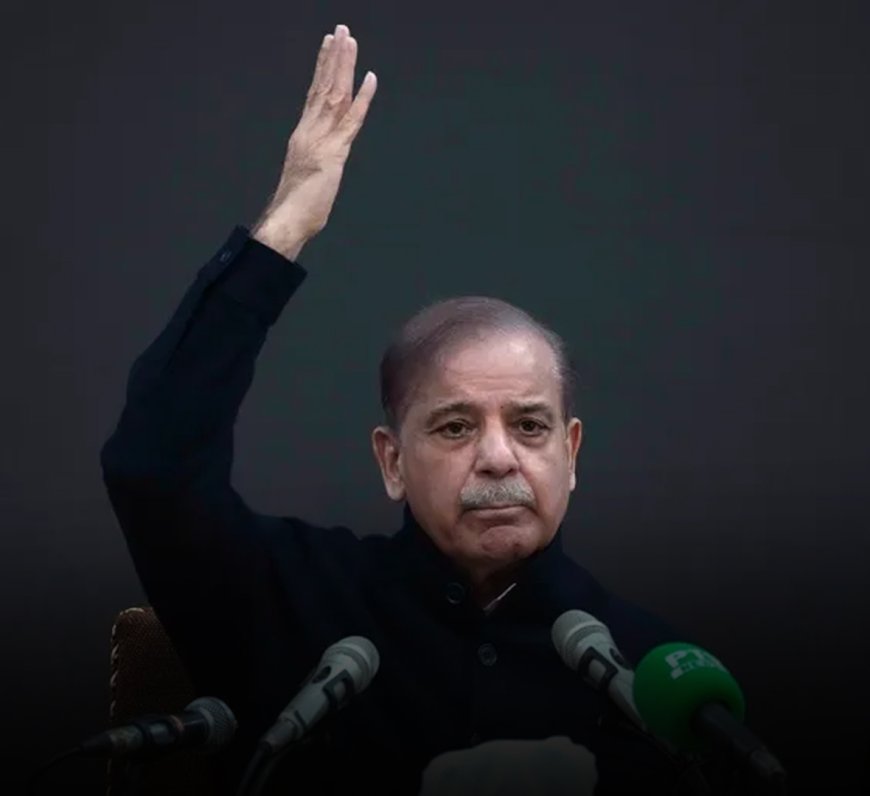
As Pakistan enters 2025, the country is poised to face significant foreign policy and security challenges amid shifting global dynamics, including Donald Trump’s return to power in the United States. While domestic politics and the economy show signs of stabilizing, Pakistan’s diplomatic ties with its neighbors, allies, and global powers remain fragile.
Analysts predict a challenging year ahead for Islamabad as it manages its relationships with key players such as China, the US, India, and Iran, while also addressing escalating violence linked to its western neighbor, Afghanistan.
China: Strained “All-Weather Friendship”
The longstanding "deeper than the oceans" friendship with China showed cracks in 2024 as militant attacks targeted Chinese nationals and projects under the China-Pakistan Economic Corridor (CPEC).
- Security Concerns: Beijing has pushed for a “Joint Security Mechanism,” which could involve Chinese personnel on Pakistani soil. However, this proposal risks backlash from militants and political sensitivities in Pakistan.
- Trump Factor: Analysts warn that Trump’s hardline stance on China might pressure Beijing to seek overt support from Islamabad, putting Pakistan in a difficult diplomatic position.
"While China remains a critical ally, Pakistan must balance its commitments to avoid alienating the US," said Muhammad Faisal, a foreign policy expert on China.
United States: Lukewarm Relations Amid Global Tensions
With Trump’s return, the US-Pakistan relationship is unlikely to see major shifts. The US remains focused on larger global issues like the Russia-Ukraine war and Middle Eastern conflicts.
- China-US Rivalry: Pakistan will need to navigate its economic ties with China carefully to avoid straining relations with Washington.
- Strategic Value: Experts believe Pakistan must offer strategic leverage, as it did during the Soviet-Afghan war and post-9/11, to regain Washington’s focus.
“The perception in DC is that Pakistan is a weak state with little to offer strategically,” said Kamran Bokhari of the New Lines Institute for Strategy and Policy.
India: Frozen Ties and Heightened Tensions
Relations with India remain at a standstill, with the 2019 revocation of Kashmir’s autonomy still a major point of contention.
- Kashmir Dispute: Former envoy Abdul Basit called for “behind-the-scenes diplomacy” to address the deadlock, but Indian Prime Minister Narendra Modi shows no interest in rapprochement.
- US Pressure on India: Analysts suggest that India’s ties with Iran and Russia might put it under scrutiny from the Trump administration, which could indirectly impact Pakistan’s regional strategy.
Afghanistan: Violence on the Western Border
Since the Afghan Taliban’s return to power in 2021, Pakistan has faced escalating violence along its western border. In 2024, attacks by the Tehreek-e-Taliban Pakistan (TTP) claimed nearly 700 lives, posing a severe security challenge.
- Taliban Connections: The TTP’s ideological ties to the Afghan Taliban complicate Islamabad’s efforts to curb cross-border militancy.
- CPEC Threats: Militant groups have also targeted key CPEC projects, further straining Pakistan’s security apparatus.
Iran: Border Tensions and Diplomatic Maneuvers
Tensions with Iran remain a concern as border clashes involving Baloch separatists continue. In 2024, Tehran resorted to diplomacy after a Pakistan-Iran skirmish over an armed group operating in Balochistan.
- Baloch Separatists: Experts warn that deteriorating ties could embolden separatist groups and destabilize the border region.
- Trump Factor: A renewed US-Iran conflict under Trump’s administration could put Pakistan in a delicate position.
Key Takeaways
- China-Pakistan Relations: Strengthen ties while balancing pressure from the US.
- US-Pakistan Ties: Navigate lukewarm relations with strategic diplomacy.
- India Relations: Find creative ways to engage amid a frozen conflict over Kashmir.
- Regional Stability: Address growing violence from TTP and secure CPEC projects.
What's Your Reaction?







